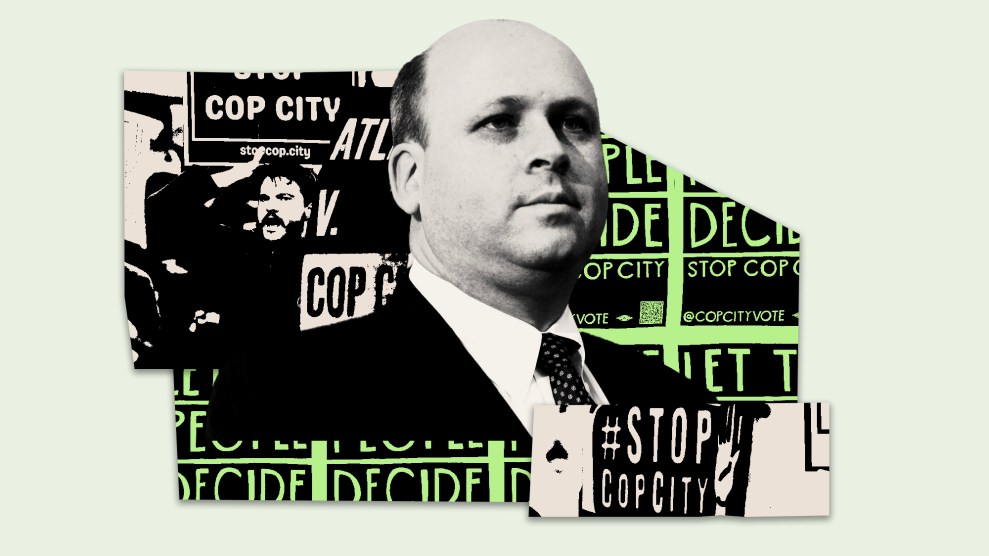Alex Tabarrok comments on the rather remarkable caseload of Ferguson’s municipal court:
You don’t get $321 in fines and fees and 3 warrants per household from an about-average crime rate. You get numbers like this from bullshit arrests for jaywalking and constant “low level harassment involving traffic stops, court appearances, high fines, and the threat of jail for failure to pay.”
If you have money, for example, you can easily get a speeding ticket converted to a non-moving violation. But if you don’t have money it’s often the start of a downward spiral that is hard to pull out of….If you are arrested and jailed you will probably lose your job and perhaps also your apartment—all because of a speeding ticket.
We’ve all seen a number of stories like this recently, and it prompts a question: why are police departments allowed to fund themselves with ticket revenue in the first place? Or red light camera revenue. Or civil asset forfeiture revenue. Or any other kind of revenue that provides them with an incentive to be as hardass as possible. Am I missing something when I think that this makes no sense at all?
This is sort of a genuine question. I know these policies are common, but where did they come from? Are they deliberate, created by politicians who like the idea of giving their local cops an incentive to get tough? Were they mostly the idea of police departments themselves, who figured the revenue from fines would provide a net boost in their annual funding? Or did they just accrete over time, popping up whenever there was a budget crisis and then never going away?
Does anyone know?















